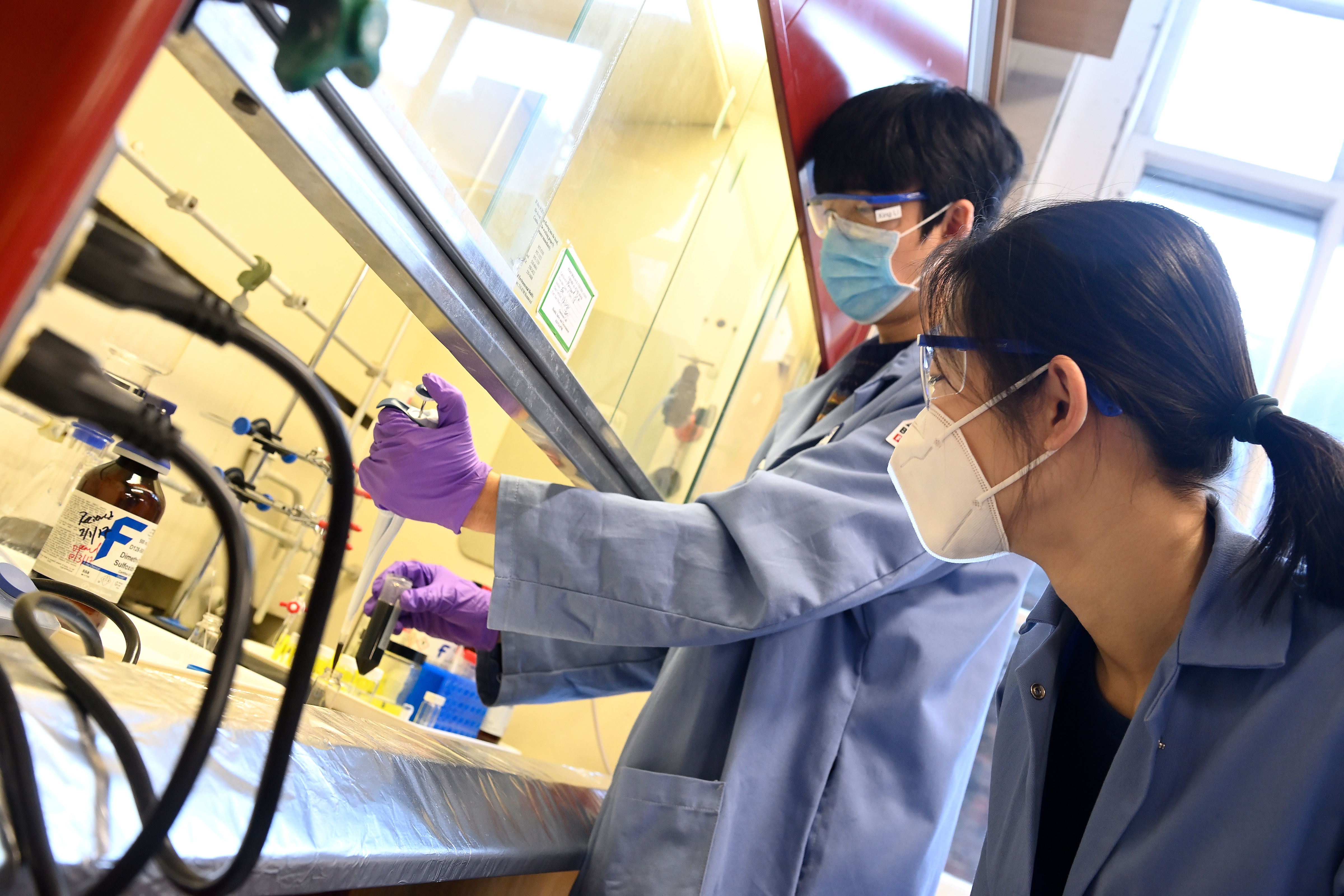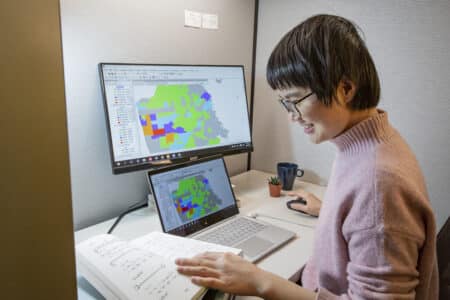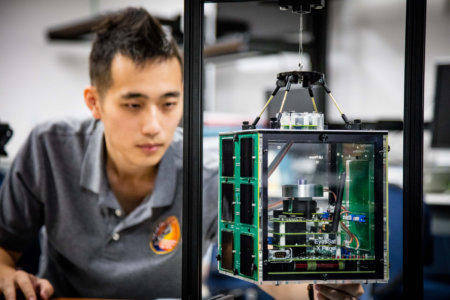It’s rare to come across a university that recognises and champions the entrepreneurial spirit within its student body. However, the Johns Hopkins University, Whiting School of Engineering believes its efforts must extend beyond the classroom to facilitate the growth of individual enterprises and contribute to the broader landscape of innovation and economic progress. Hence, it offers various resources and facilities for students to conceptualise, create, and rigorously test their boldest inventions—plenty of which have come to life thanks to the dedicated efforts of passionate faculty and staff members.
For example, when Rich Middlestadt joined the Department of Mechanical Engineering in 2008 as a machinist, he immediately recognised student and faculty members’ ever-growing needs for help to transform their concepts into tangible solutions for complex engineering challenges. “I realised there was a disconnect between the departments,” he says. “Each had their own resources and facilities to handle their own needs.”
This is why he founded WSE Manufacturing, which currently encompasses the Machine Shop, a student self-service centre, and a vibrant Makerspace—offering the Engineering School and the wider JHU community unparalleled consultation, manufacturing services, and unlimited access to a wealth of equipment and resources. Within these walls, projects that span the spectrum of complexity find their genesis.
“You never know what sort of request will walk through the door,” says senior instrument designer Daren Ayres, who was milling chambers to facilitate the growth of human tissue at the time. He was executing this task for Danielle Yarbrough, a third-year PhD student in the Department of Chemical and Biomolecular Engineering. With funding from a branch of NASA’s Human Research Program, Yarbrough and her team were investigating how different tissue engineering models are affected by space flight.

Source: JHU Whiting School of Engineering
Expert services are not just reserved for research students alone—they’re available for innovators, too. During their studies in the Whiting School’s Centre for Bioengineering Innovation and Design, master’s graduates Amir Soltanianzadeh, David Gullotti, and Nick Theodore founded their startup, Spine Align. The technology they developed would not have been possible without the device that Stipe Iveljic, a senior instrument designer, machined for them—a small bone-mounted marker that can be screwed into place, used to measure the precise 3D location and angle of a spinal vertebra during scoliosis surgery.
“Having the right equipment here in our shop makes this challenging job a little bit easier for me,” says Iveljic. “I truly enjoy helping students and faculty with research that might lead to developing new medical devices or procedures.”
Buoyed by its success, WSE Manufacturing has grown beyond the confines of its initial space within the Wyman Park Building. Currently, certain facilities are distributed across other buildings. With an upcoming renovation on the horizon, there’s a possibility of not just doubling, but potentially tripling in size—centralising operations and placing the Machine Shop at the heart of this innovative hub.
Through these resources, countless ideas are brought to life using 3D printers, vinyl and laser cutters, an electrical station, and more, as offered in JHU’s Makerspace. This year, it hosted the development of a fully interactive light and sound organ called “Persephone: Four Seasons” in collaboration with the Digital Media Centre. The project was led by Jason Charney, a composer, sound artist, and multimedia specialist for the DMC, and Luke Ikard, a multidisciplinary visual artist and manager of the Makerspace.
Seth Jayawardane, a sophomore Makerspace technician majoring in chemical and biomolecular engineering, was one of the three students who helped bring the project to life, along with Naina Gupta, a first-year computer engineering student, and Mac Millan, a sophomore majoring in computer engineering.
Empowered by the resources at their disposal, Johns Hopkins Engineering students can do far more than simply assist—they can lead entire projects. This is made possible through the self-service machine shop, a dynamic space that operates around the clock, offering students unparalleled access to cutting-edge tools and machinery.
Among the many beneficiaries of this space is the award-winning Blue Jay Racing, an undergraduate team that participates in competitions sponsored by Baja SAE. The international organisation challenges students to construct a vehicle from the ground up, capable of enduring the harshest trials of unforgiving terrain, including mud, water, and rugged courses.
“Being in Baja has given me hands-on, real-world engineering experience that I wouldn’t have necessarily gotten in the classroom,” shares Lance Phillips, a fourth-year mechanical engineering student and this year’s team lead. “I have learned to weld and to use subtracting manufacturing machines, like mills and lathes. My first internship was the direct result of participation in this club.”
With all of this in mind, it’s easy to understand why the Whiting School of Engineering is the ultimate destination for students looking to conceptualise, test, and build the next big thing. To become one of them, pick from the School’s lineup of more than 50 academic programmes here.
Follow Whiting School of Engineering on Facebook, X, Instagram and YouTube













